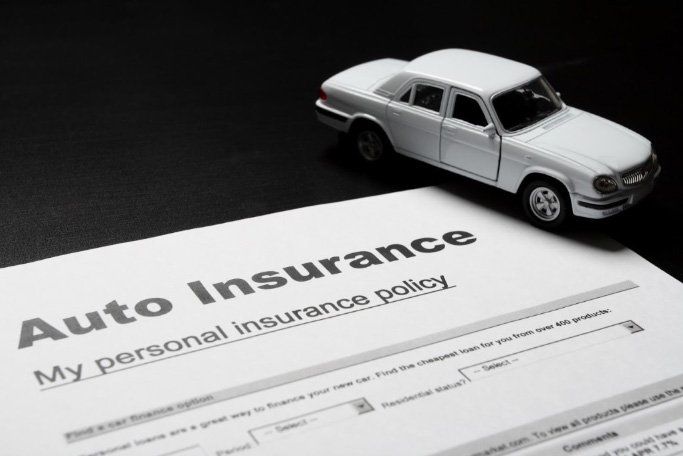Beyond Discounts: 3 Other Ways to Save on Car Insurance
Admin • December 9, 2019
Insurance companies offer many discounts that help drivers reduce their car insurance premiums. Safe driver, loyalty, good student, and multi-policy discounts aren't the only ways to save on your auto policy, though. Here are three other, non-discount-related ways that you can lower your car insurance premiums.
1. Drop Comprehensive and Collision Coverage
Comprehensive coverage and collision coverage are two distinct protections that insure your car against damage. Comprehensive covers damage in non-collision incidents where only your vehicle is involved, such as a break-in or striking a deer. Collision covers multi-vehicle accidents that you're responsible for.
Most drivers should carry these coverages, as many drivers don't have the financial resources to purchase another vehicle if their car is totaled. If you can afford to purchase a new (or comparable pre-owned) vehicle if yours is destroyed in a non-collision incident or accident, however, you can responsibly choose to drop these coverages.
In many cases, drivers who can afford to self-insure against comprehensive and collision coverage own older vehicles that have high mileage. Because these vehicles aren't worth as much as brand-new ones, it doesn't cost as much to replace them if something happens.
Dropping comprehensive and collision coverage isn't for everyone, but you could save a substantial amount if you're able to responsibly do so. These are two major coverages, so not having them in your policy can lower its premiums by quite a bit.
2. Increase Your Deductibles
Your car insurance policy's deductibles determine how much you must pay out-of-pocket before your insurance company will begin paying on a claim. Ultimately, this influences how much your insurer will pay on any claim.
For example, your car insurance policy might have a $500 deductible. If you file a $2,000 claim, you'll have to pay the first $500 yourself and your insurer will pay the remaining $1,500. Your insurer would pay more if you had a lower deductible, and they'd pay less if you had a higher one.
Because the deductible directly impacts the amount your insurance company has to pay on a covered claim, they consider this when setting premiums. If you raise your deductible -- and therefore reduce how much your insurer must pay -- your premiums will go down.
In doing this, you are assuming a greater amount of risk because you'll have to pay more out-of-pocket if you have a claim. The amount of risk is defined, however, and you can adjust it to suit your financial situation. You can choose whether to increase a deductible slightly or significantly, and the premiums will adjust accordingly.
Should you decide to pursue this premium-lowering strategy, be aware that your car insurance policy doesn't actually have just one deductible. Each coverage comes with a separately defined deductible, and you'll need to adjust each one as you see fit. You can keep them all the same, or you can make some high and some low if you'd prefer.
3. Exclude a High-Risk Driver
Drivers who are considered high-risk pay higher premiums because they present a greater risk to their insurance company, and the premium increase isn't necessarily limited to only their policy. In many cases, a high-risk driver will increase the premiums of every driver in their household if nothing is done to the others' policies.
Having a high-risk driver in your household increases your own car insurance premiums because the driver might operate your car. If you agree to not let them drive your car, though, your insurance company won't increase your premiums. You can tell your insurer that the high-risk driver won't be operating your car by specifically excluding them on your policy.
You'll only save money by excluding a high-risk driver if there's such a driver in your household. If you live with someone who has a DUI or has caused multiple accidents, though, this could keep their past driving record from raising your insurance premiums.
If you need an affordable car insurance policy, contact Coast Comp Insurance Agency for a quote.




